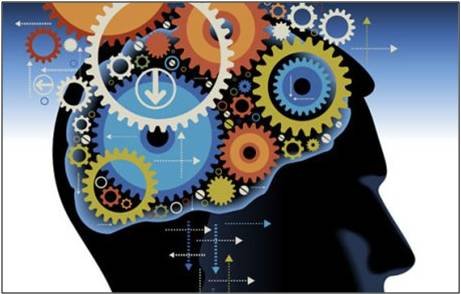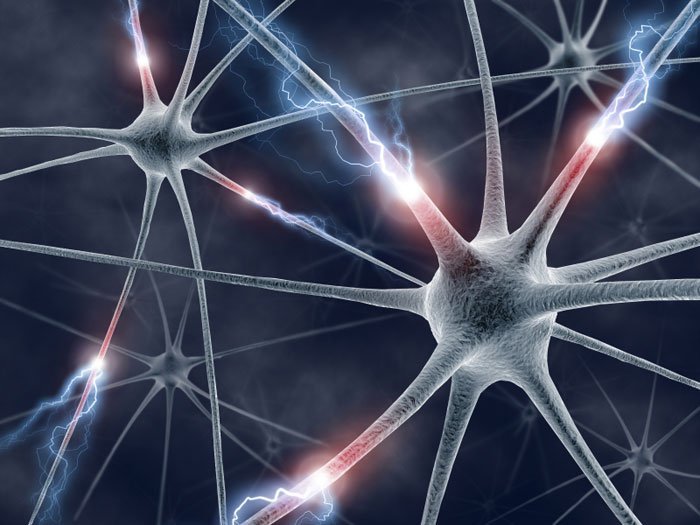The study also suggests that humans do the opposite when they think about the physical world, i.e. they boost the areas responsible for analytical thinking.
If research is to be believed, humans suppress areas of the brain used for analytical thinking in order to believe in God.

According to notable researcher Professor Tony Jack, “From what we understand about the brain, the leap of faith to belief in the supernatural amounts to pushing aside the critical/analytical way of thinking to help us achieve greater social and emotional insight.”

In an earlier research, Professor Jack’s Brain, Mind & Consciousness laboratory made use of an fMRI machine to show the brain’s ‘analytical network’ of neurons and a ‘social network’ of neurons.
The analytical network enables humans to think critically, while the social network enables humans to empathise.

“Because of the tension between networks, pushing aside a naturalistic world view enables you to delve deeper into the social/emotional side,” Professor Jack explained. “And that may be the key to why beliefs in the supernatural exist throughout the history of cultures. It appeals to an essentially non-material way of understanding the world and our place in it.”
The human brain explores the world using both analytical and social networks. While presented with a mathematical problem or ethical dilemma, a healthy brain activates the “appropriate” network while suppressing the other.

Perhaps this explains the conflict between science and religion!
Top picks for you

















